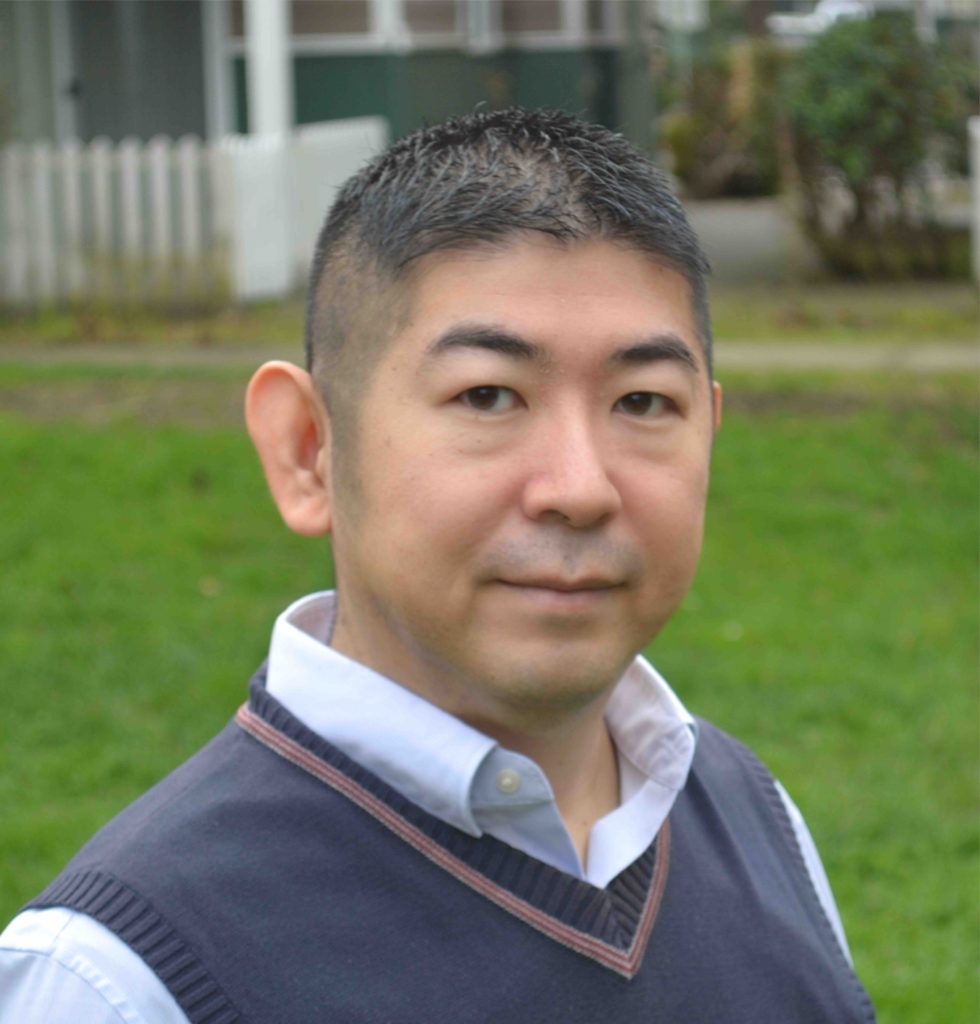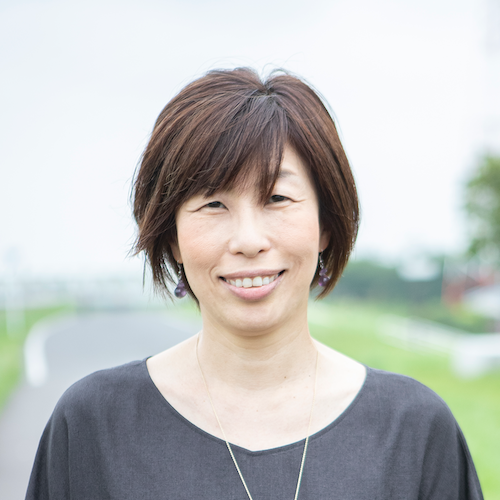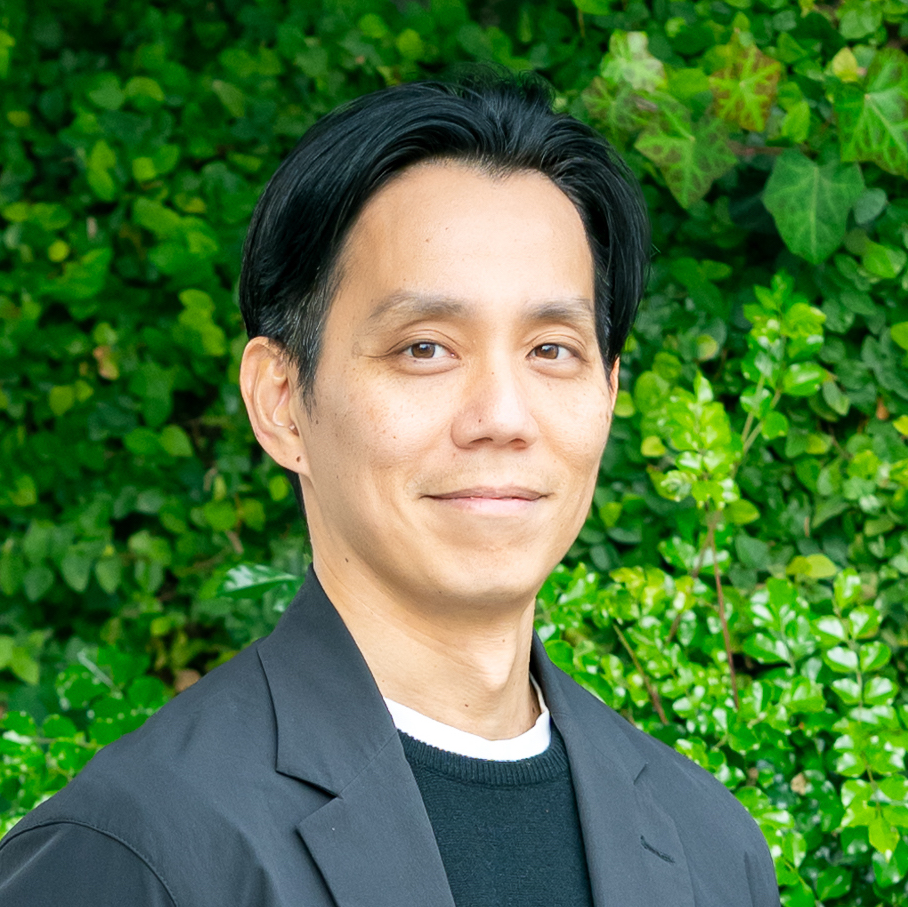As the end of 2024 approaches, crucial deliberations relating to Japan’s energy policies such as the Strategic Energy Plan and Plan for Global Warming Countermeasures are coming to a close. Climate Integrate will hold our second seminar this fiscal year to promote robust discussions on climate and energy policy.
The theme of this event is renewable energy. We are inviting a variety of stakeholders to discuss how Japan’s electric power system will change as a result of the government’s promotion of renewable energy within Japan’s primary energy supply.
Schedule / How to participate
Date & Time: November 20, 2024 (Wed) 13:00-15:30 (JST)
Language: Japanese and English (simultaneous interpretation available)
Online attendance: Free of charge. For registration, click here (pre-registration required)
Program
13:00 Introduction
Part 1
- 1: Key Issues for Greening Electricity “Mainstreaming Renewable Energy in Japan”
Hiroyuki Yasui, Climate Integrate Public Policy Director - 2: Guest speakers
- “The Economics of Clean Energy Technologies in Japan”
Kenji Shiraishi, Lawrence Berkeley National Laboratory Researcher, and Climate Integrate board member - “Why are Local Governments Trying to Decarbonize?”
Masashi Komurasaki, Mayor of Ikoma City (Nara Prefecture)
- “The Economics of Clean Energy Technologies in Japan”
Part 2 Panel discussion
- Moderator:
- Kimiko Hirata, Climate Integrate Executive Director
- Kimiko Hirata, Climate Integrate Executive Director
- Panelists:
- Masahiro Chikushi, METI Electricity Infrastructure Division Director
- Elizabeth Biermann de Lancie, United States Embassy Economic Officer Material▷EN
- Masashi Komurasaki, Mayor of Ikoma City, Nara Prefecture
- Kenji Shiraishi, Lawrence Berkeley National Laboratory Researcher
15:30 Closing
Speakers

Masahiro Chikushi
Ministry of Economy, Trade and Industry
Started with Ministry of Economy, Trade and Industry (METI) in 2004 and following the 2011 Fukushima Daiichi nuclear plant accident, his duties included compensation and decontamination. He later served as a member of the policy planning office in the minister’s secretariat and then as director of the Cabinet Secretariat’s New Form of Capitalism Realization Headquarters. Since July 2024, he has been director of the Electricity Infrastructure Division.

Elizabeth Biermann de Lancie
United States Embassy
Elizabeth Biermann de Lancie is an economic officer at U.S. Embassy Tokyo focusing on climate, environment, and energy. Elizabeth has almost 20 years of experience managing international engagement on global policy issues. Her previous posts include Saudi Arabia, Burma, and the Bureau of Population, Refugees, and Migration at the U.S. Department of State. Prior to joining the U.S. Foreign Service, she managed humanitarian assistance programs for Iraqi refugees in Jordan and for victims of trafficking in Lebanon. She graduated magna cum laude from Wellesley College and holds a master’s degree from George Washington University. In addition to Japanese, she speaks German, French, and Arabic.

Masashi Komurasaki
Ikoma City, Nara Prefecture
After starting in 1997 with the now Ministry of the Environment working on eco-tax incentives for hybrid vehicles, served as deputy mayor of Ikoma City starting in August 2011, then three terms as mayor since April 2015. Believing that “urban development means human development,” he has introduced innovative approaches, such as recruiting public servants based on expertise rather than bureaucratic civil service exams, promoting alternative workstyles for citizens, and earning government recognition for Ikoma as an SDGs Future City and Regional Decarbonization Leader. Current initiatives include “Local Government 3.0” and a future visioning process for his city.

Kenji Shiraishi
Lawrence Berkeley National Laboratory
Dr. Kenji Shiraishi is an energy and environmental policy researcher at Lawrence Berkeley National Laboratory, with a focus on the decarbonization of electricity sector and the analysis of climate and energy policies. His current research centers on improving and applying energy systems models to assess clean energy technologies and policy options, with the goal of informing public policy decisions. He holds Ph.D. in public policy from University of California, Berkeley and MS and BS in chemical engineering from University of Tokyo. He also serves as a board member of Climate Integrate, a climate policy think tank based in Tokyo, Japan.
Kenji has more than 10 years of professional experiences in the area of Japan’s and international environmental policies as a Deputy Director for Market-based Climate Policy of the Japanese Ministry of the Environment, a Managing Director of the Global Environment Centre Foundation, etc.

Kimiko Hirata
Climate Integrate
After working for a publisher in Japan and gaining experience with a US NGO, Kimiko worked with Kiko Network, a Japanese non-profit climate NGO, from 1998 until 2021. She has over 20 years of experience relating to international climate conference under the UN Framework Convention on Climate Change and in analyzing and communicating about climate and energy policies. Concerned about a new boom in coal power plant construction in Japan after the 2011 Fukushima Daiichi nuclear power plant disaster, she engaged in a multipronged campaign to fight coal and shareholder activism, culminating in the cancellation of many plans. In recognition of her efforts, she was named a recipient of the Goldman Environmental Prize in 2021, selected for the BBC’s 100 Women list in 2022 . She established Climate Integrate in 2022 with the aim of providing fact-based information and supporting multiple actors’ decarbonization efforts in Japan and abroad. She is also a visiting associate professor at Chiba University of Commerce Graduate School, and an environmental policy advisor for Ichikawa City. Kimiko has a PhD in social sciences from Waseda University in Tokyo.

Hiroyuki Yasui
Climate Integrate
After university, Hiroyuki worked on research and analysis at Marubeni Corporation relating to regulatory issues for new business investment projects in Japan and overseas, and to develop and improve the company’s compliance systems. Recognizing the importance of rules-based systems, in 2017 he joined Makaira, a public policy consultancy. There he developed policy recommendations and supported relationship-building and collaboration with the central and local governments as well as civil society groups, with a focus on new business areas that can drive social change. As director of public policy at the Sharing Economy Association (Japan) as well, he has been advocating for regulatory reforms and a safe and secure user environment in the sharing economy. Hiroyuki joined the Climate Integrate team in 2024. He has a law degree from Kyoto University.



